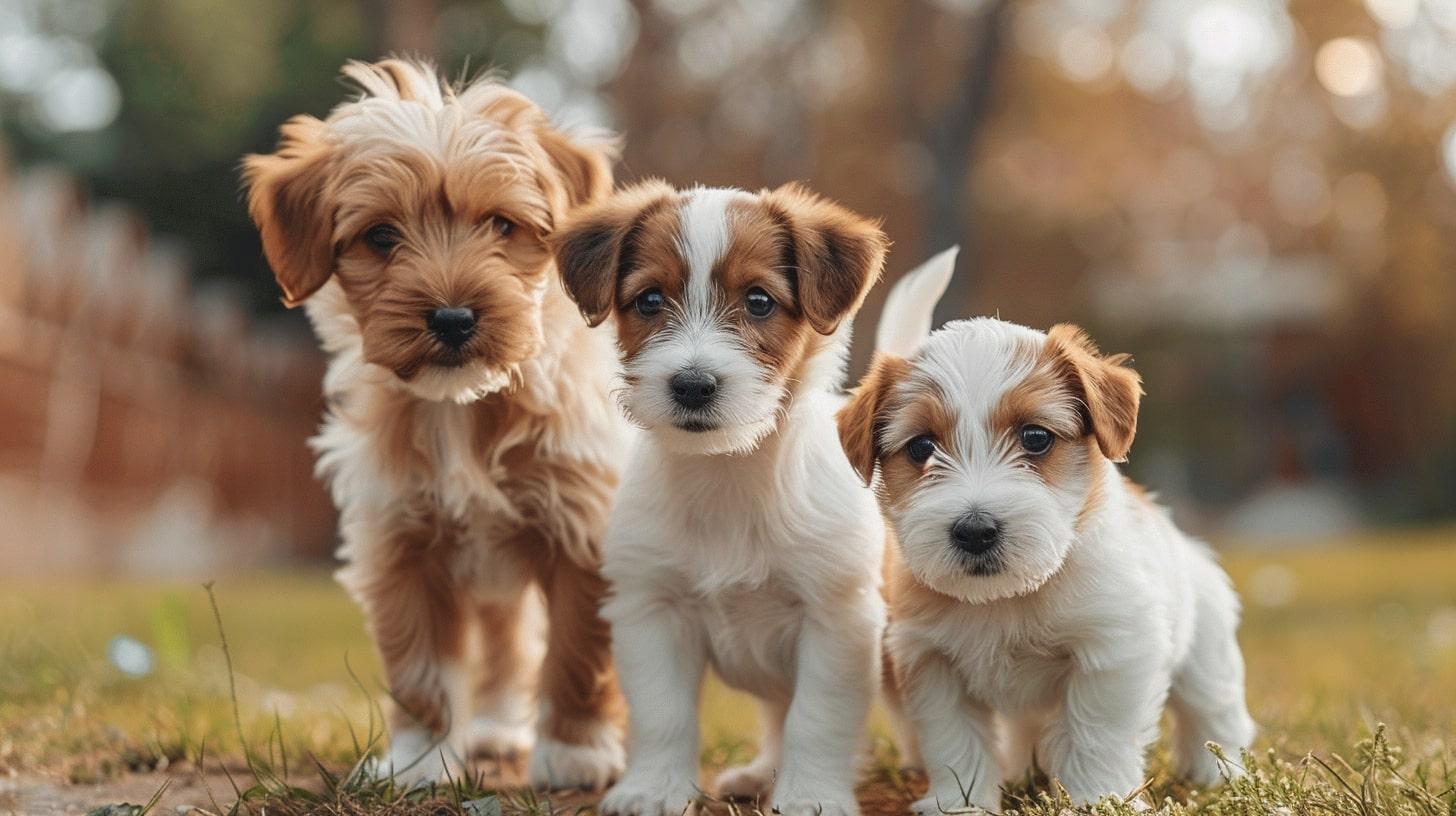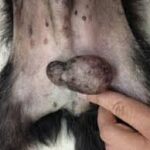As any puppy parent will tell you, the early days with a furry companion are filled with joy, laughter, and a few head-scratchers. One such puzzling behavior that often raises eyebrows—and concerns—is when puppies drink their own urine. It can be a surprise to witness this behavior in your adorable bundle of fur, leaving many wondering, “Why do they do that?” While it may seem odd to us, there’s more to this behavior than meets the eye.
In this article, we’ll explore the reasons behind urine drinking in puppies, covering everything from natural instincts to health considerations. By understanding this behavior, you can better support your puppy’s development and ensure a happy, healthy life together. So, let’s dive in and uncover the mystery behind this curious canine quirk!
Table of Contents
- Understanding the Natural Instincts Behind Puppy Urine Consumption
- The Role of Nutritional Deficiencies in This Behavior
- Tips for Reducing Urine Drinking and Encouraging Better Habits
- When to Consult a Veterinarian About Your Puppys Behavior
- Q&A
- The Conclusion
Understanding the Natural Instincts Behind Puppy Urine Consumption
Puppies are naturally curious creatures, and their exploratory behaviors often lead them to engage in activities that can baffle us. One such behavior is urine consumption, which may seem distressing to owners but is rooted in instinctual actions. In the wild, young canines learn from their mothers, who may instinctively consume the waste of their pups to keep the den clean and minimize scent that could attract predators. This behavior, while surprising, serves a practical purpose in nature. Additionally, puppies might indulge in this habit out of curiosity or to investigate their environment, highlighting the importance of sensory exploration in their growth and development.
Another aspect to consider is that puppies often mimic adult dogs. When they observe older dogs engaging in similar behaviors, they might perceive it as normal or even desirable. Furthermore, nutritional deficiencies can lead to this behavior, as puppies may instinctively seek out nutrients they feel they lack. This could include minerals or vitamins that are not adequately provided in their diet. It’s essential for puppy owners to monitor their pet’s diet and consult with a veterinarian to ensure they receive balanced nutrition. Understanding these underlying instincts can foster compassion and inform better practices for managing your puppy’s behavior.
The Role of Nutritional Deficiencies in This Behavior
Puppies are curious creatures, often exploring the world around them in ways that can sometimes baffle their owners. One unexplained behavior seen in some puppies is the consumption of their own urine, which can be perplexing. One of the underlying causes of this behavior may stem from nutritional deficiencies. When a puppy lacks essential nutrients, they may instinctively seek alternative sources, which can lead to the ingestion of urine as a way to reclaim nutrients that their body is missing. This behavior can be alarming for pet owners, but understanding its root causes can help alleviate concerns.
The nutrients that are commonly deficient in a puppy’s diet include:
- Proteins – Important for growth and development.
- Vitamins – Such as A, D, E, and B vitamins, crucial for various bodily functions.
- Minerals – Including calcium and phosphorus, vital for bone health.
When puppies experience a lack of these essential nutrients, their natural instinct may kick in to forage for what they need, leading them to consume urine. Regular veterinary check-ups and a balanced diet tailored to a puppy’s specific needs can significantly reduce the likelihood of nutritional deficiencies, helping to curb this behavior.
Tips for Reducing Urine Drinking and Encouraging Better Habits
Addressing the habit of urine drinking in puppies requires patience and a proactive approach. Start by ensuring your puppy has a consistent routine for bathroom breaks. A well-timed schedule helps your puppy understand when it’s appropriate to relieve themselves outside, reducing the temptation to drink their own urine. Additionally, consider limiting access to areas where they might find their urine. Keeping a close eye on your puppy during playtime or exploration will help create positive associations with their environment while reinforcing good bathroom habits.
To promote better habits, incorporate positive reinforcement techniques. Reward your puppy with treats or praise when they go to the bathroom in the right spot. You can also provide various enrichment activities to keep your puppy engaged and distracted from urine drinking. Here are some helpful practices:
- Daily walks and playtime to expend energy.
- Interactive toys that stimulate mental engagement.
- Training sessions that reinforce good behavior.
Creating a healthy environment and instilling desirable habits can transform your puppy’s behavior, leading to a happier and healthier life.
When to Consult a Veterinarian About Your Puppys Behavior
Monitoring your puppy’s behavior is essential, especially when it comes to unusual habits like urine drinking. While some behaviors are typical for young dogs, certain signs warrant a closer look. It’s wise to consult a veterinarian if you observe any of the following:
- Excessive Drinking or Urination: If your puppy is drinking more water than usual or seems to be urinating frequently.
- Changes in Appetite: A noticeable decrease or increase in appetite may indicate underlying health issues.
- Signs of Stress or Anxiety: If your puppy appears overly anxious, fearful, or is engaging in destructive behaviors.
- Unusual Weight Loss: A sudden or significant change in weight can signal health problems.
- Vomiting or Diarrhea: Gastrointestinal issues can accompany behavioral changes and should be addressed promptly.
Additionally, behavioral shifts can also stem from environmental factors or learning experiences. If your puppy is new to your home or adjusting to changes in their routine, they may exhibit behaviors like urine drinking as a coping mechanism. However, if this behavior persists, it is important to consult a veterinarian to rule out any medical conditions such as:
| Potential Medical Issues | Signs to Look For |
|---|---|
| Diabetes Insipidus | Increased thirst, watery urine |
| Cushing’s Disease | Weight gain, thin skin |
| Kidney Issues | Vomiting, lethargy |
| Behavioral Issues | Anxiety, boredom, stress |
Q&A
Q1: Is it normal for puppies to drink their urine?
A: While it may be surprising, it’s not uncommon for puppies to drink their urine, especially during their early developmental stages. This behavior, known as coprophagia when it involves feces, can stem from various reasons, including curiosity, instinctual behavior, or nutrient deficiency.
Q2: Why do puppies engage in this behavior?
A: Puppies are naturally curious creatures! They explore their world through their senses, and taste is an important part of that exploration. Drinking urine can also be an instinctive behavior; in the wild, animals may consume their waste to avoid attracting predators. Additionally, if puppies lack certain nutrients, they may turn to their urine in search of them.
Q3: Could this be a sign of a health issue?
A: In some cases, frequent urination or the habit of drinking urine can indicate a health issue, such as diabetes or a urinary tract infection. If you notice your puppy doing this repeatedly or exhibiting other concerning symptoms, it’s best to consult a veterinarian for advice.
Q4: How can I stop my puppy from drinking its urine?
A: To discourage this behavior, ensure your puppy is getting a balanced diet, as nutritional deficiencies can lead them to seek out their urine. Regular potty breaks can also help minimize opportunities for them to drink their urine. Additionally, supervising your puppy during outdoor playtime can help you intervene if they begin this behavior. Positive reinforcement for appropriate behaviors can reinforce good habits as well!
Q5: Are there any long-term effects of this behavior?
A: Most of the time, this behavior is temporary and does not result in long-term health issues. However, if a puppy continues to drink urine into adulthood, it may become a habit that could be harder to break. Moreover, there may be risks if the urine has harmful substances, so it’s important to address this behavior early.
Q6: When should I seek veterinary advice regarding this behavior?
A: If your puppy consistently drinks urine, experiences changes in appetite or energy levels, or shows signs of illness like vomiting or lethargy, you should consult your vet. It’s essential to rule out any underlying health issues.
Q7: Is there any additional information I should know?
A: Remember, puppies are still learning about their environment, and this behavior may just be a phase they outgrow. Patience, understanding, and consistent training will usually lead to positive changes. If you’re concerned or unsure, your veterinarian is always a great resource for personalized advice.
By understanding why puppies sometimes drink their urine, you can better address the behavior and ensure a healthy and happy environment for your furry friend!
The Conclusion
while the sight of a puppy indulging in this peculiar behavior may raise eyebrows, understanding the reasons behind it can help us approach the situation with empathy and insight. Puppies are naturally curious creatures, and their exploration of the world around them often leads to unexpected—and sometimes puzzling—findings. Whether it’s instinctual behavior, a response to anxiety, or simply a phase of immaturity, this habit is usually nothing to worry about.
By providing proper training, ensuring a balanced diet, and addressing any underlying health concerns, we can guide our furry friends towards healthier habits. Remember, patience and understanding are key as these little ones grow and learn. As our puppies mature, they will develop their own preferences, and often, such behaviors will fade away. So, embrace this time of exploration and discovery, and rest assured that with your love and guidance, your puppy will grow into the wonderful companion you always hoped for. Happy puppy parenting!
















